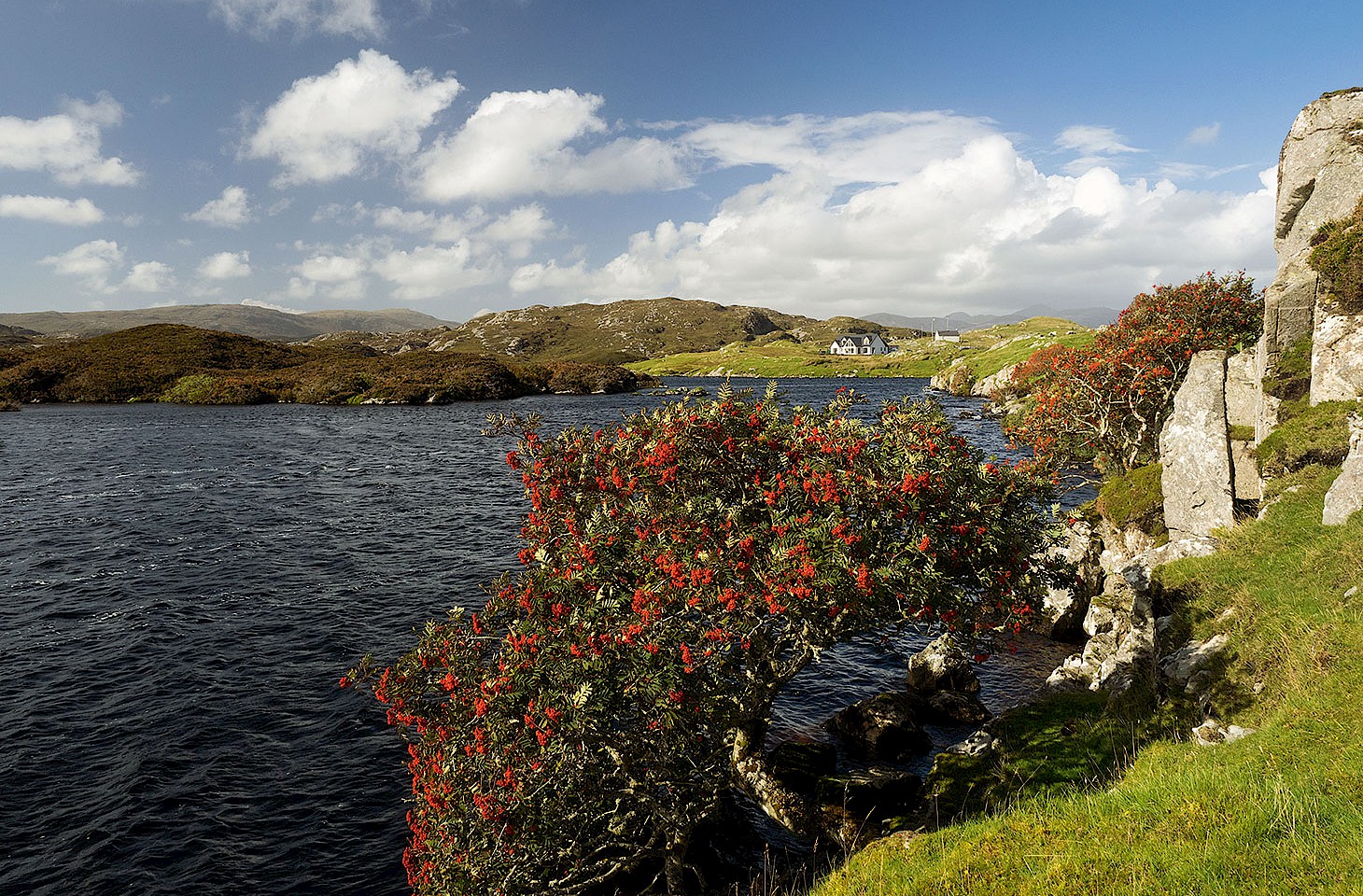Dear fellow travellers
Today is the 150th anniversary of the birth of the first woman ever to be elected to the British House of Commons. Constance Georgine Gore-Booth was born into an Anglo-Irish family in 1868.
In the General Election of 1918, Constance – by then widely known as Countess Markievicz for reasons which are fascinating but too complicated to explain here! - secured the Dublin St Patrick's constituency for Sinn Féin. As a committed Irish nationalist and revolutionary socialist, Constance never acknowledged the legitimacy of British rule and declined to take up her seat at Westminster.
Constance may have thus cocked a snub at English politics but back home in Dublin she threw herself into political affairs. She was a founding member of the pioneering 1919 revolutionary parliament in Dublin where she served as Minister for Labour. She may have been a daughter of privilege, but Countess Markievicz was a fearless soldier in the struggle for Irish independence and the rights of women, not merely in Ireland, but more widely across Europe.
English media have this weekend given generous coverage to the centenary of Britain's Representation of the People Act, which received royal assent on 6 February 1918. This law marked the culmination of many years of suffragette agitation by giving the vote to most, but not all, women over the age of 30. The legislation also extended voting rights for men by abolishing the requirement that only men who possessed property could vote. As the minimum voting age for men was set at 21, the new Act still ensured that the number of men eligible to vote was much larger than the number of women. The activism of thoughtful but militant women like Millicent Fawcett and Emmeline Pankhurst was partly subverted by a political solution which, in the short term at least, ensured the continuing hegemony of men.
In the 1918 General Election, men secured 706 of the 707 seats in the House of Commons. Countess Markievicz was the sole woman elected and, as we've seen above, she refused to take up her seat.
The Finnish experience
From the media razzmatazz, one might be forgiven for thinking that England invented the notion of universal suffrage and female participation in government. It didn't. Women in many other countries were permitted to enter the polling booths much earlier than their sisters in England.
In the late-tsarist period, women in Finland had been given the vote and on exactly the same terms as those enjoyed by their male compatriots. The Grand Duchy of Finland had a high level of autonomy even though it was nominally part of the Russian Empire. The League of Finnish Feminists and the Women's Society of Finland, both founded in the last quarter of the 19th century, had campaigned tirelessly for the rights of women. With the Finnish election of March 1907, women not only secured the vote, but many also stood successfully for election. Nineteen women secured places in the Grand Duchy's new unicameral parliament. Among them was the founding chair of the League of Finnish Feminists, Lucina Hagman, and the feminist campaigner and chair of the Women's Society of Finland Aleksandra Gripenberg.
Although well represented in parliament in Finland from 1907, women had to wait until 1926 for the first female to secure ministerial status. That accolade went to Miina Sillanpää who was given a social affairs portfolio in the Väinö Tanner government. She was one of that first group of women elected to parliament in 1907. Miina enjoyed a political career which extended over 40 years and two World Wars.
The first woman in Britain to secure full ministerial status was Margaret Bondfield, who was appointed Minister of Labour in 1929. The seeming success of women in British public life - it is after all a country which currently has both a female Head of State and a female Head of Government - masks a darker reality. There are still many hurdles for women seeking political office in Britain, and those who take the plunge face abuse and discrimination.
So on Tuesday, the 100th anniversary of the Act which gave women the vote, we shall certainly toast the memory of Millicent Fawcett and Emmeline Pankhurst. But let's not forget that, when it comes to the matter of the rights of women and female empowerment, there are other European countries which blazed a pioneering trail and which might also serve as models for the future.
Nicky Gardner and Susanne Kries
(editors, hidden europe magazine)



